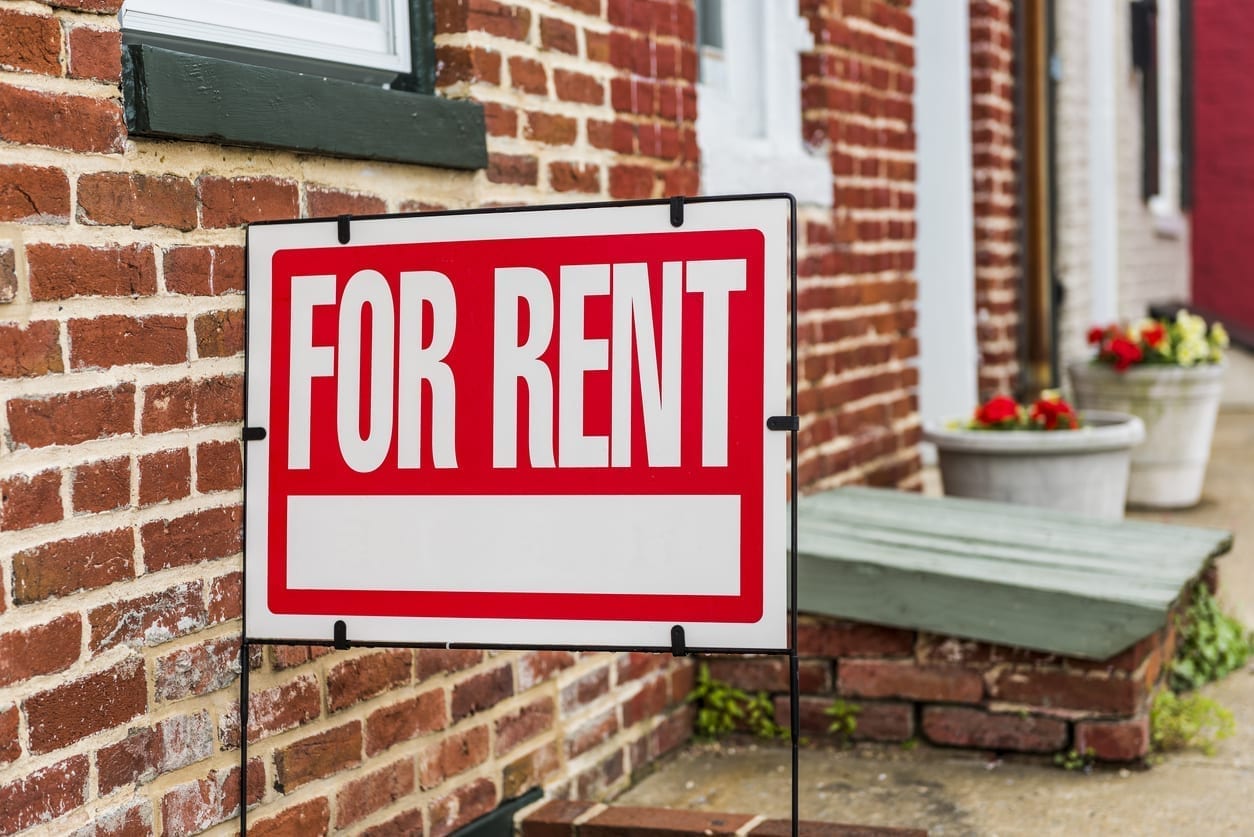One of the most important things to figure out after your release from prison is where you will live. What makes this so hard is that some places may not rent to people with a criminal record. You may also have rules to follow as part of your probation or parole. That’s why it’s important to know what options you have. You should also know what support programs help with finding housing after release.
Are there rules about housing after release?
Yes. There are usually rules about what housing options you have after release. You can find these rules in your parole or supervised release terms. Sometimes, you can’t leave the state during parole or supervised release. Other times, the state may not let you live with other people who have been to prison.
These aren’t the only rules to be aware of, though. Public housing and Section 8 housing are sometimes off-limits. You will have to talk to landlords to make sure before renting with them. That doesn’t mean that you have no options, though. There are places to go for help with housing after release.
Can you get help finding housing after release?
Yes. You have some options for support with finding housing once you get out of prison. Many people live in half-way houses or shelters at first. These aren’t permanent solutions, but they can help while people look for a job or secure home after release. Since homelessness after release makes recidivism more likely, any safe housing may help.
There are also state and local programs to help you. In Georgia, for example, the Georgia Justice Project may be able to help. The U.S. Department of Housing and Urban Development can explain if you can get affordable housing. Non-profit groups like the National Housing Law Project also provide resources and information about grants and other funds that may help offset housing costs.
A parole officer can also help. Part of their job is to help people transition to life after prison. They can provide resources and support to help you find a home. They may also be able to help you find any nonprofits or other groups in the area that can help.

What can you do if someone won’t rent to you because of your record?
The Fair Housing Act protects people with a criminal record to some degree. Some state and local regulations prohibit landlords from asking if you have a criminal record. Even when they can ask, federal law says they can’t deny you housing exclusively because you have been to prison. But, they can choose not to rent to those with certain criminal convictions, like domestic abuse or drug crimes. HUD provides more guidance to landlords about how to navigate criminal convictions and avoid discrimination.
According to HUD, “Federal law instructs housing providers to look back in an applicant’s history of criminal activity that occurred during a “reasonable time.” Also, not all criminal activities and prior convictions can be the basis for a denial under HUD affordable housing. There are exceptions. An attorney can help if you think a landlord is violating your rights. The costs can be expensive; however, some parole officers are also willing to help you with situations like this.
The Takeaway:
You may have trouble finding housing after release. But finding housing is an important part of staying out of prison. You do have resources to help you. Your parole officer might be able to assist you. But there are also community resources that can help. If you feel you are being discriminated against because of a criminal record, an attorney may be able to help.






